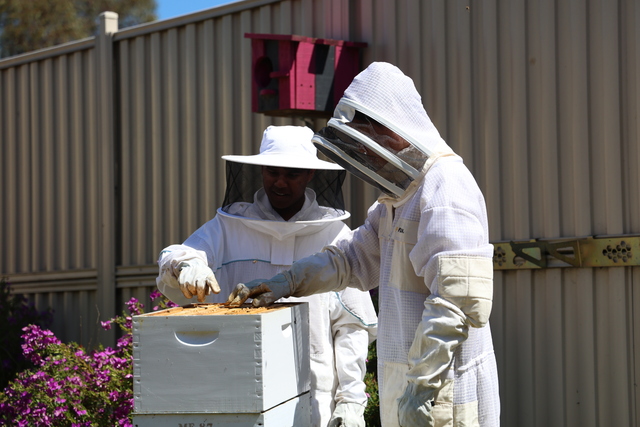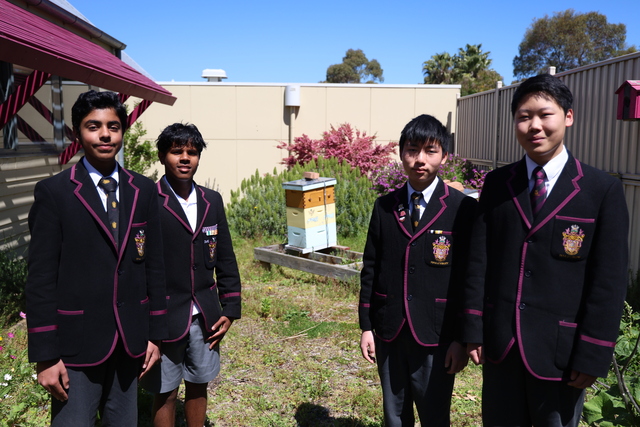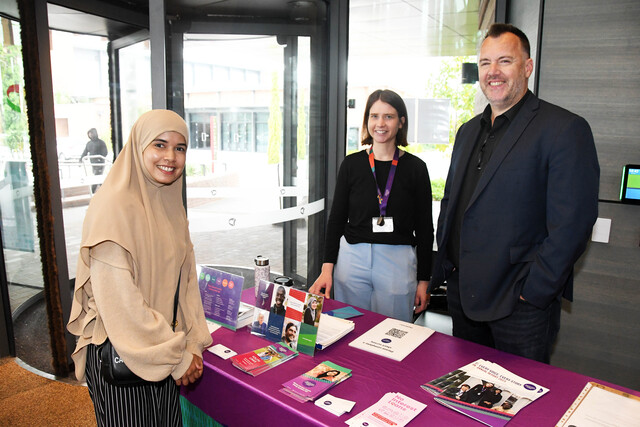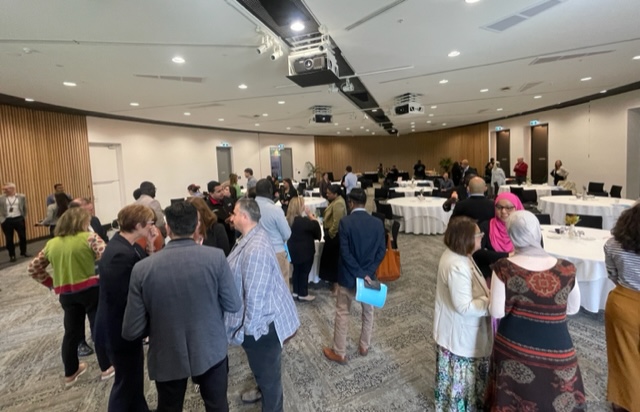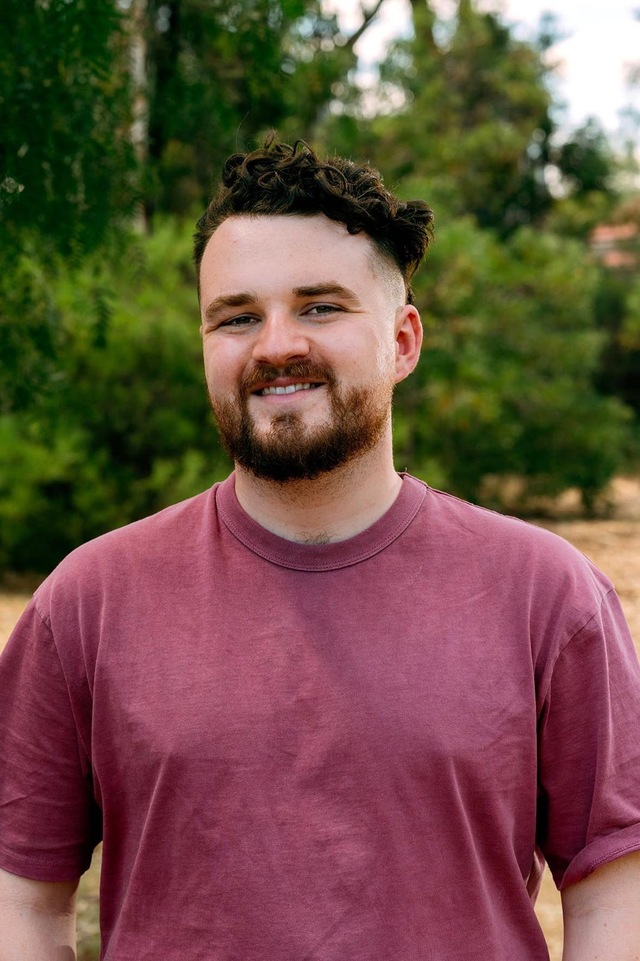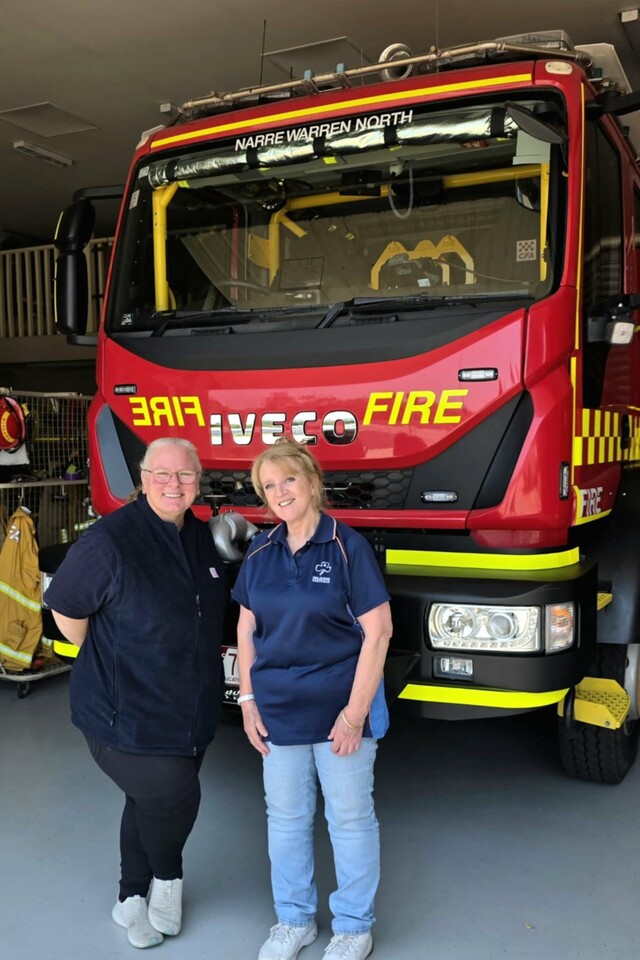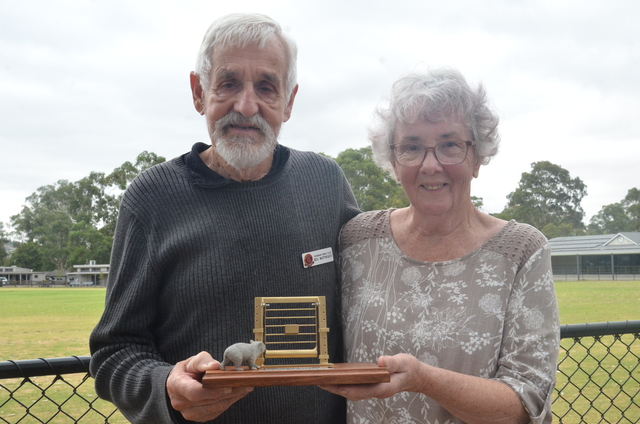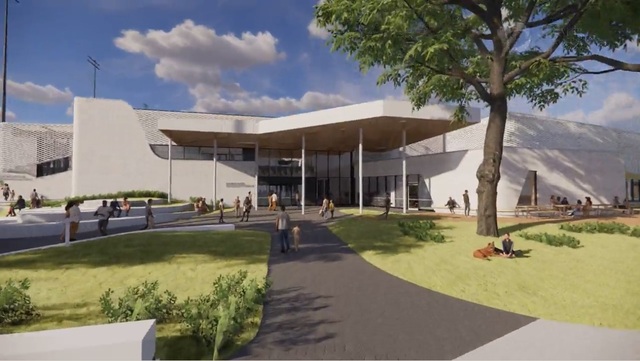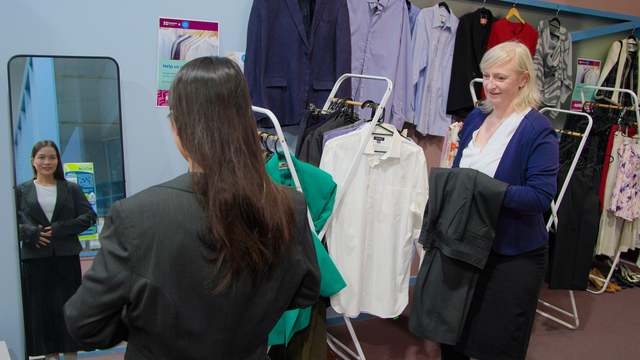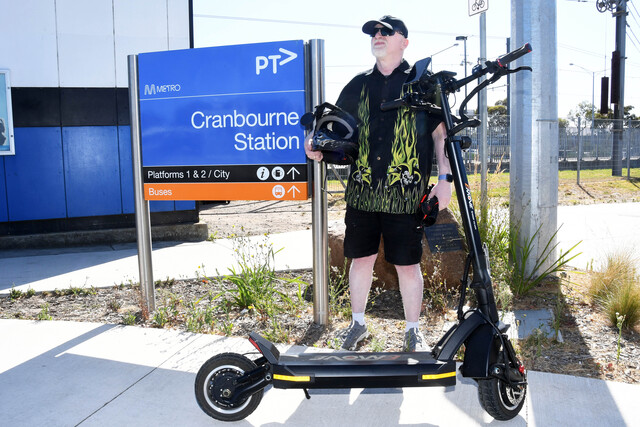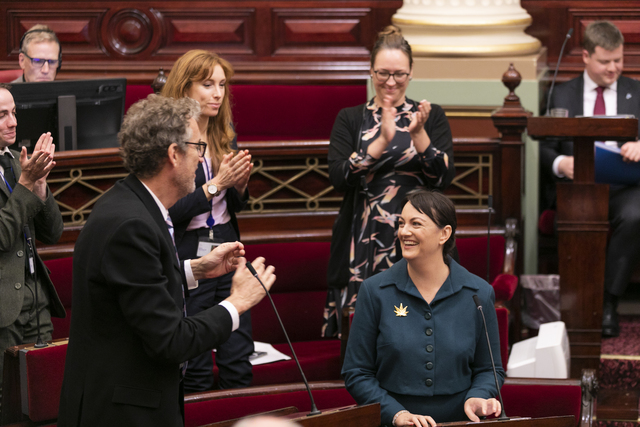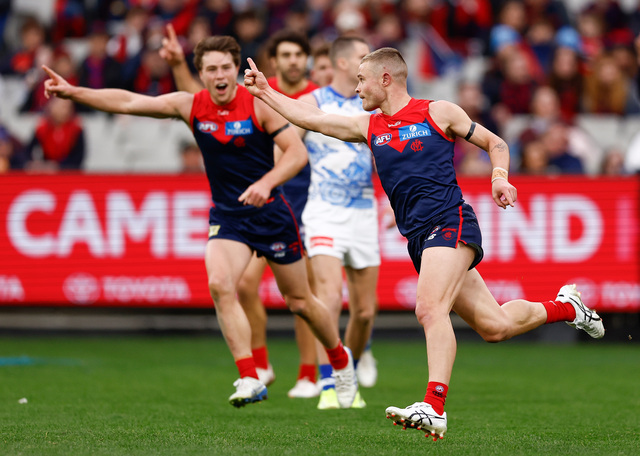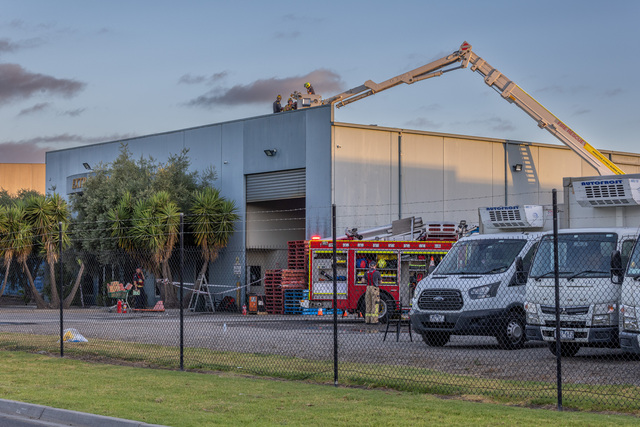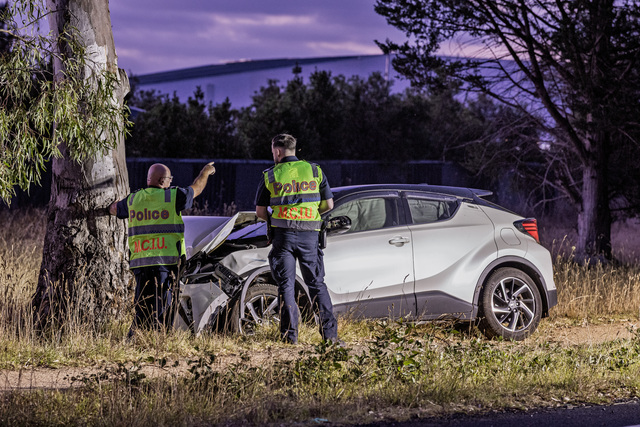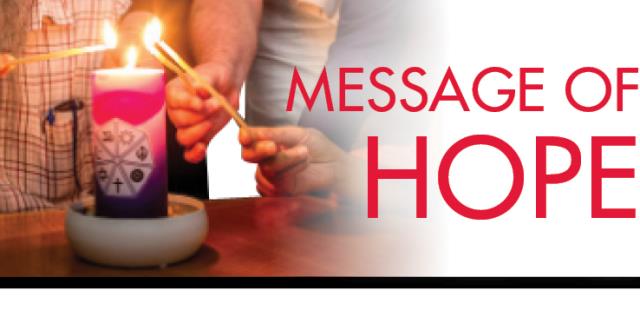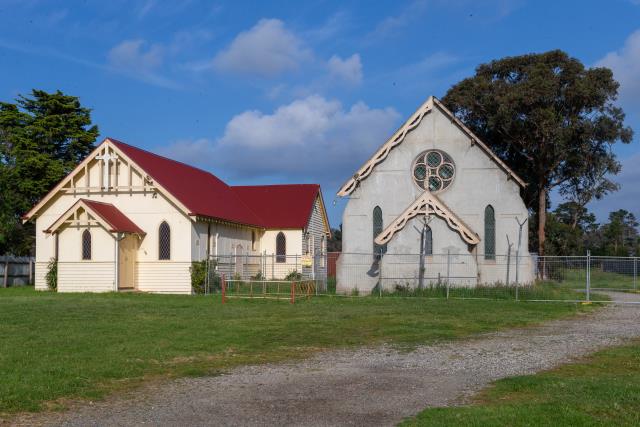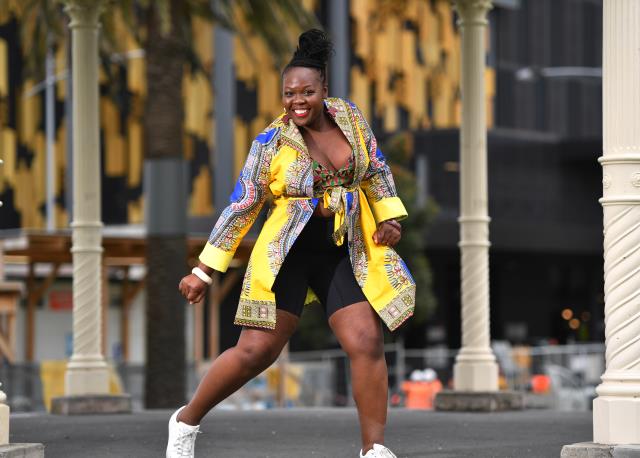Beehives and technology is a combination not many people may have in mind but students at Haileybury School have taken up top honours for their “futuristic beehive.”
Called the smartHive and developed by a team of tech savvy students, the design was recognised in the BIOTech Futures Challenge competition.
The unique beehive design is equipped with sensors and cameras.
It will compete at the national finals this month held at University of Melbourne.
Team Leader from Year 10, Brandon, says the team is “incredibly proud and excited” to have won the Victorian event.
“We’re continuing to improve our project with the insights of teachers and mentors and we can’t wait to showcase our work.”
The Haileybury students competed against more than 60 students from high schools across Victoria and have been supported by teachers who have encouraged them to test, refine and keep improving their smartHive technology.
BIOTech Futures is an event for high school students across the country who are encouraged to think creatively to find scientific solutions to global problems.
The Haileybury team decided to focus on exploring a solution to help preserve Australia’s bee population in the face of the recent arrival of Varroa mites to Australia.
The tiny parasites attack and feed on honey bees and are a major threat to honey bee colonies.
Year 10 student Vinuka says the industry lacks solutions to help beekeepers so they made smartHive.
“The smartHive can automatically detect parasites, such as Varroa mites, and also provide beekeepers with important real-time information about hive temperature and humidity.
“It’s a comprehensive monitoring system that integrates sensors and cameras into existing beehives.”
Year 12 student Joshua says the NSW has already seen “significant threat” from the mites and it was also detected in Victoria last month.
Currently, there is no technology available to detect Varroa mites in hives.
In preparation for the National Final in October, the team is continuing to research and find further ways to enhance their creation from interviewing NSW biosecurity officer to gather insights to sending questionnaires to more than 30 beekeeping clubs.
“We’re also collecting more data in Queensland and Victoria and developing a new prototype so we can continue to improve the smartHive system,” Year 10 Saad says.

